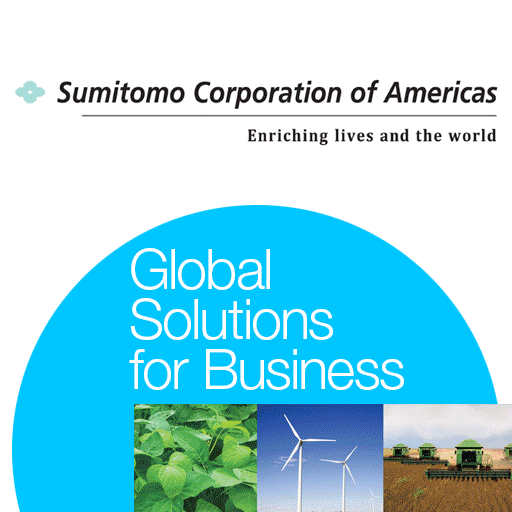The Nippon Club WEB Gallery Special Exhibition Trees – The treasures of the forest that nurture Japanese culture and economy -Recycling-oriented Initiatives in the Odawara Hakone Area-

In Japan, Horyu-Ji Temple, the world’s oldest surviving wooden building, was founded around 711
AD is located in Ikaruga, Nara Prefecture. Then, in November 2019, more than 1,300 years later, the Tokyo Olympic Stadium’s extensive use of wood was completed in the Jingu Gaien Garden in Tokyo, attracting worldwide attention. Mr. Kuma, an architect of the stadium, said that changing the “Age of Trees” in the future, in which wood obtained by tending forests is used for construction, is appropriate for connecting humans and the earth and creating a sustainable world.
Japan is one of the world’s leading forest countries, with forests accounting for 67% of its land area, but 70 to 80% of its timber has been dependent on imports from abroad. Imports of foreign wood that can be stably supplied at low-cost and large quantities of large quantities became full-fledged, and the price of domestic timber peaked in 1980. Forestry management in Japan became unprofitable, and the shortage of successors, the aging of the population, and problems called marginal settlements developed. However, imported timber continued to soar in price and declined after peaking in 1996. On the other hand, the supply of wood in Japan is rising, and the self-sufficiency rate increased from 18.8% in 2002 to 36.1% in 2017. The merits of using domestic timber are not only economic but also lead to preventing floods and landslides by maintaining and managing mountain forests orderly. Since forests absorb carbon dioxide and emit oxygen, they are significantly involved in environmental protection issues that have been regarded as problems in recent years.
Furthermore, market revitalization also serves as a place for job creation. In addition, forests are sustainable resources that can be left to the next generation if the trees are planted and adequately managed even after logging. Since young trees grow more actively than older trees, generational change in forests will prevent global warming because they absorb more CO2 of greenhouse gases.
Against this backdrop, the government has been focusing on the utilization of domestically produced timber, and in 2009 formulated the “Forest and Forestry Revitalization Plan,” setting a primary goal of increasing the timber self-sufficiency rate to 50% or more. Although the target was not reached in 2020, it is said that the government will continue to take various measures in the future. It is not only the government striving to achieve a 50% timber self-sufficiency rate, but local governments and manufacturers nationwide are also implementing various initiatives for economic measures, disaster prevention, and employment creation.
 Photo Right:Process of “finishing.” / Photo Left: “hikiyose DON WAN”
Photo Right:Process of “finishing.” / Photo Left: “hikiyose DON WAN”In this exhibition, we will spotlight Odawara and Hakone in Kanagawa Prefecture from all over Japan and introduce “recycling-oriented business activities” that lead to regional revitalization through thinned wood through the formation of forest cooperatives, lumber industry cooperatives, and the Hakone Bussan Federation.
The production studio “La Luz,” which mainly introduces works in this exhibition, develops products using thinned wood from Odawara and Hakone and uses unused wood that is inevitably used to make products into crafts with added value. They aim to reuse the wood from the mountains to the fullest extent, such as making aroma oil from wood preheating and wood chips and scraps of wood after making crafts and recycle, such as making wood scraps into cow beds and then fertilizer under the motto of “making the goodness of wood a pleasant feeling,” and to return to nature by fully utilizing the benefits of nature. They propose a lifestyle with designs that take advantage of the diverse expressions of wood. With a unique manufacturing method called “hikiyose,” with impressive technology and beautiful shapes in which vessels are born from a single plate, they are developing works that can become ongoing traditional crafts. These were inquired from overseas and were exhibited and sold at the head offices of Christian Dior and Calvin Klein.
General works such as post boxes made from local thinned wood, etc., and “hikiyose” works that can become traditional crafts in the ongoing process will be exhibited. Although it does not use thinned timber, we will introduce parquet and Odawara lacquerware, a classic art of Odawara and Hakone.
The exhibition is organized by The Nippon Club and supported and made possible by the J.C.C. Fund (Philanthropic Fund of Japanese Chamber of Commerce and Industry in New York), in cooperation with Sekisho Corporation and curated by Mie Tsunobe.
Virtual Opening Reception
 From left to right: Takeshi Sato, Daisuke Takagi, Hidekazu Aida, Anzu, and Chacha of the Hakone Yumoto Performing Arts Association
From left to right: Takeshi Sato, Daisuke Takagi, Hidekazu Aida, Anzu, and Chacha of the Hakone Yumoto Performing Arts Association
Participation Fee: Free
Mr. Kengo Kuma, a renowned architect, will send us a message at the opening reception. Mr. Takeshi Sato of the Odawara Forest Association will talk about making the forest. Mr. Daisuke Takagi, a representative of Takehiro Ringyo Co., Ltd., will talk about processing wood, and Mr. Hidekazu Aida, a representative of La Luz, will talk about how wood is used without waste. For entertainment, you will enjoy dancing and speaking with the geisha of the Hakone Yumoto Performing Arts Association. For inquiries, please get contact gallery@nipponclub.org.
Registration Here
(up to 500 people on a first-come, first-served basis)








